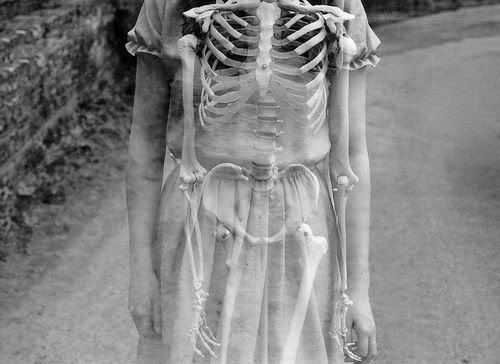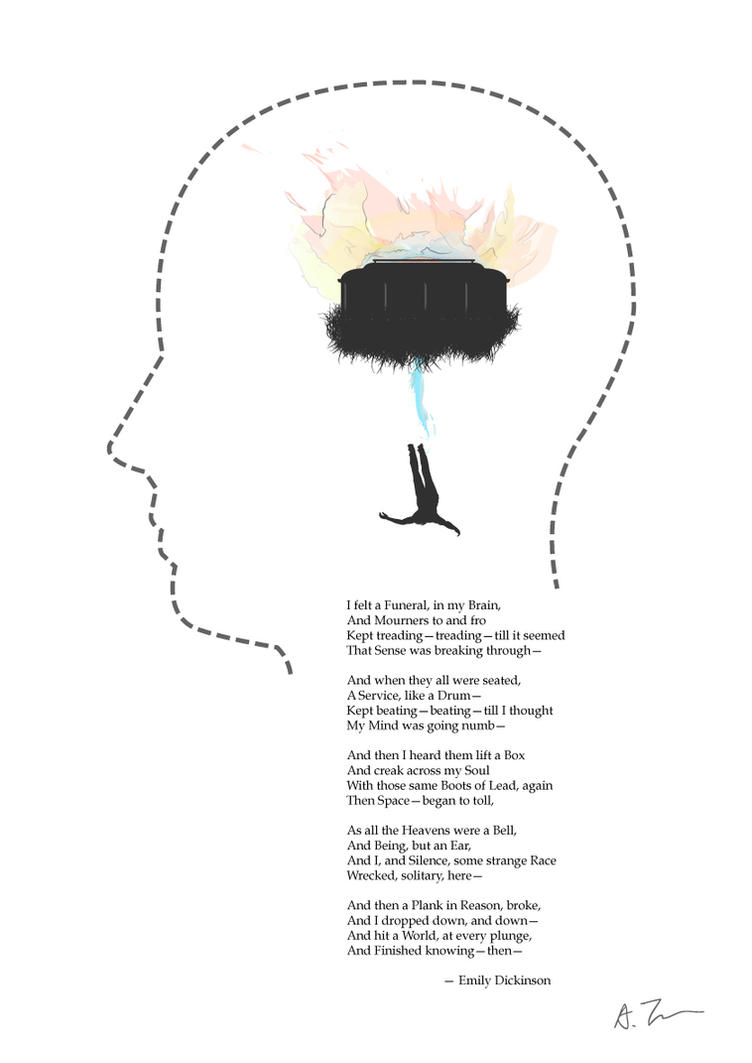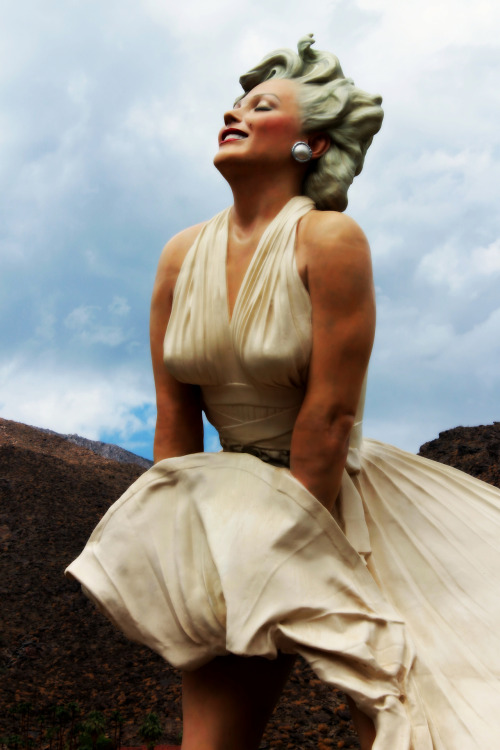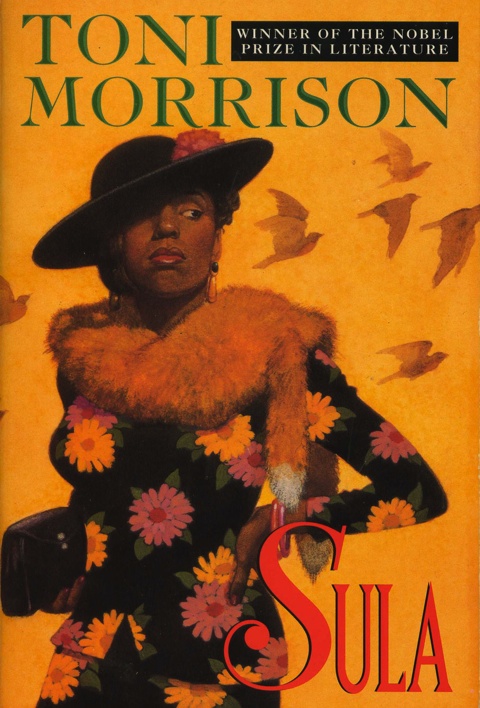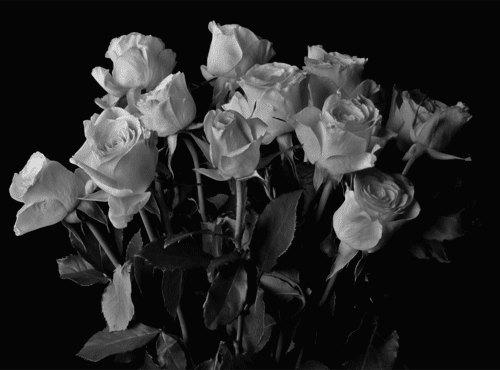"Their savage eyes turned to a modest gaze/By the sweet power of music" (5.1.85-86)
Lorenzo emphasizes this idea of how music can turn savage creatures into more civilized beings. He seems to indirectly imply that Jessica is the one with savage eyes and that music should be softening her eyes into a softer, more civilized gaze. There is no doubt that "savage eyes" could be referencing her past Jewish heritage because Shylock is often referred to as barbaric and animal-like. Therefore, music could potentially be a metaphor for Christianity because Jessica converting to Christianity turns her into more of a civilized human being in the eyes of Lorenzo. However does that mean that being a Christian is making Jessica unhappy then? I think Jessica didn't for her lack of enjoyment of music to offend Lorenzo but Lorenzo certainly seems to be concerned and offended by Jessica's words.
Lorenzo emphasizes this idea of how music can turn savage creatures into more civilized beings. He seems to indirectly imply that Jessica is the one with savage eyes and that music should be softening her eyes into a softer, more civilized gaze. There is no doubt that "savage eyes" could be referencing her past Jewish heritage because Shylock is often referred to as barbaric and animal-like. Therefore, music could potentially be a metaphor for Christianity because Jessica converting to Christianity turns her into more of a civilized human being in the eyes of Lorenzo. However does that mean that being a Christian is making Jessica unhappy then? I think Jessica didn't for her lack of enjoyment of music to offend Lorenzo but Lorenzo certainly seems to be concerned and offended by Jessica's words.
"The motions of his spirit are dull as night,/And his affections dark as Erebus./No such man can be trusted." (95-97) Furthermore, Lorenzo says that "no such man can be trusted", which literally indicates that he doesn't trust Jessica.
Another highlight of Act 5.1 is Portia's lengthy speech on the symbolic value of a ring. Here she is replying to Gratiano after he admits that he gave away Nerissa's ring to a clerk (which was Nerissa herself in disguise). I noticed that Portia's dialogue is also somewhat indirect like Lorenzo's because her dialogue is really meant for Bassanio, not Gratiano.
Another highlight of Act 5.1 is Portia's lengthy speech on the symbolic value of a ring. Here she is replying to Gratiano after he admits that he gave away Nerissa's ring to a clerk (which was Nerissa herself in disguise). I noticed that Portia's dialogue is also somewhat indirect like Lorenzo's because her dialogue is really meant for Bassanio, not Gratiano.
"To part so slightly with your wife's first gift,
A thing stuck on with oaths upon your finger,
And so riveted with faith unto your flesh.
I gave my love a ring and made him swear
Never to part with it, and here he stands.
I dare be sworn for him he would not leave with it
Nor pluck it from his finger for the wealth
That the world masters."
We discussed in class that a marriage ring also symbolizes a woman's virginity because through marriage a woman gives her virginity away to her husband. A woman's virginity is likened to an oath which indicates its significance. I also liked how she said "faith unto your flesh" because it connects an intangible value of faith to something tangible as your flesh (which is the finger which the ring wraps itself around on). Along with an oath, the act of "swearing" upon the oath shows sacredness of the union but at the same time this sacredness is put upon a materialistic object (the ring). So it does seem a little ironic to put such a high symbolic value on an object with high monetary value, but I think it also signifies this contradictory obsession with Christian faith along with materialistic wealth "that the world masters".





